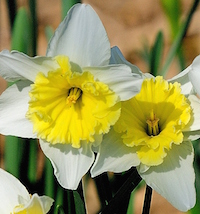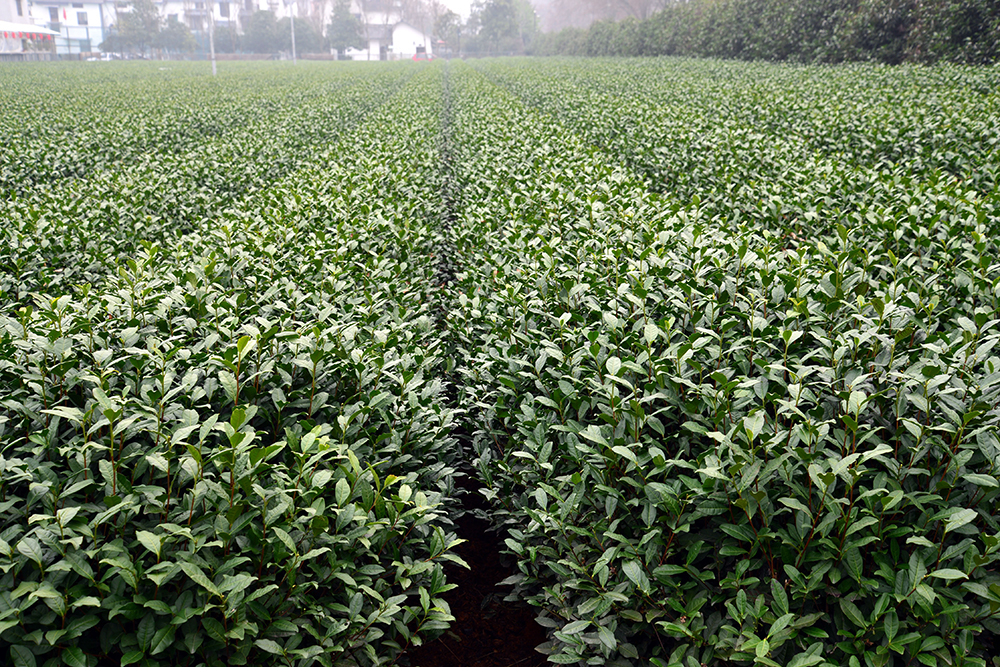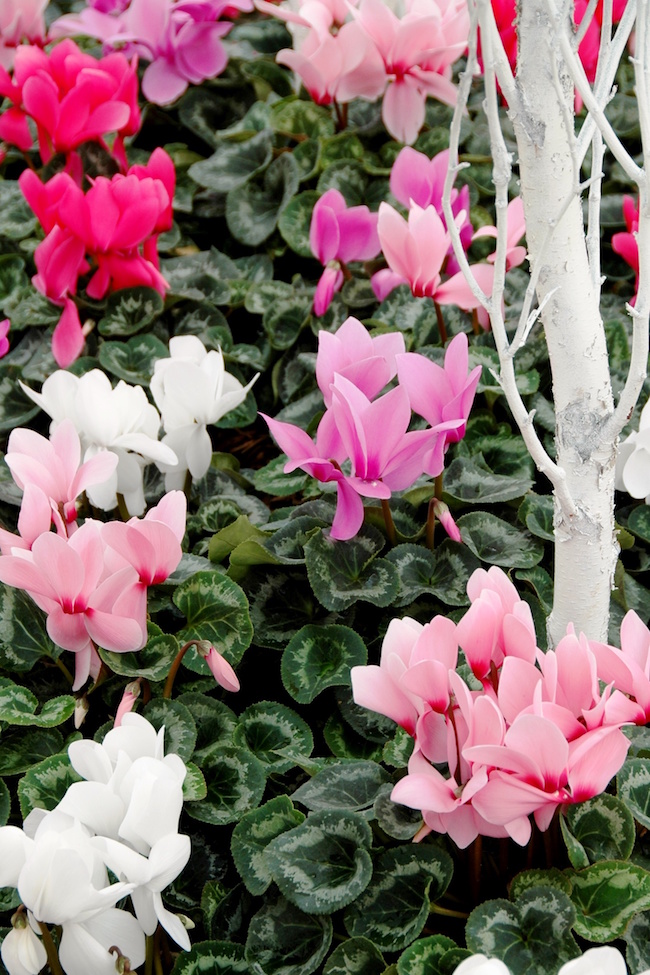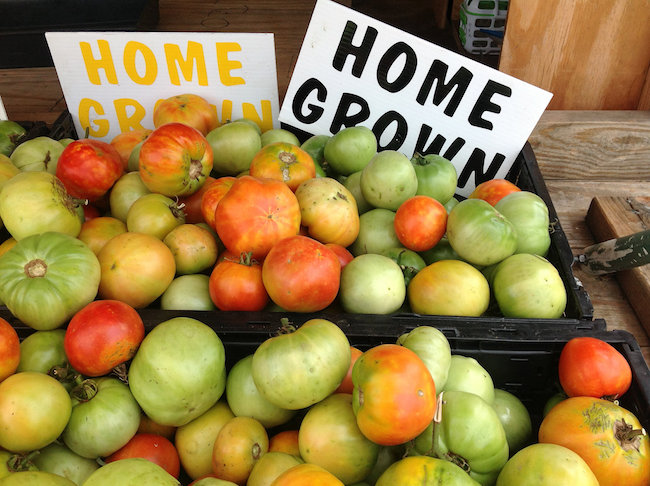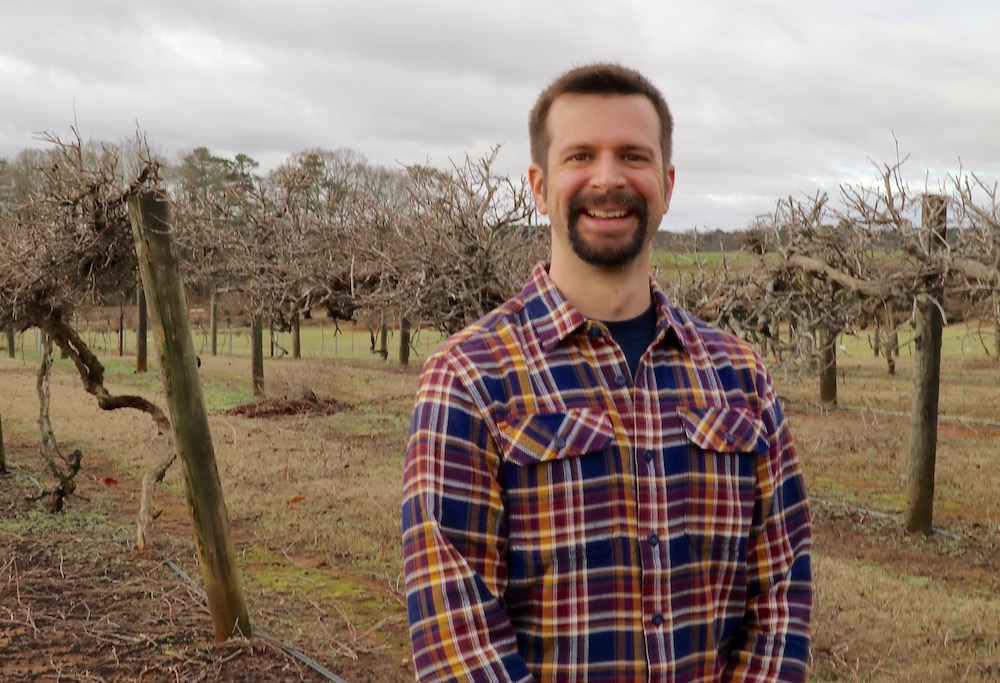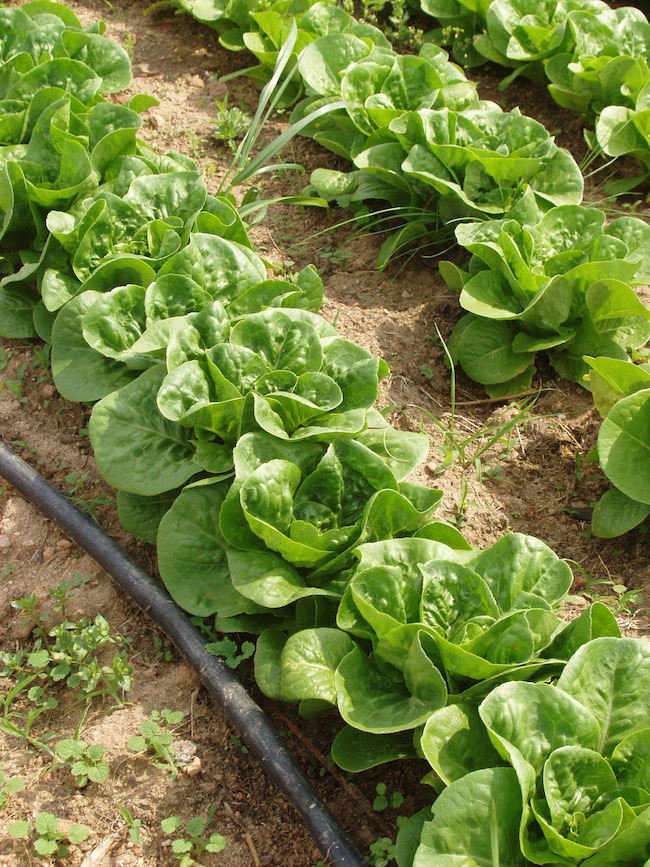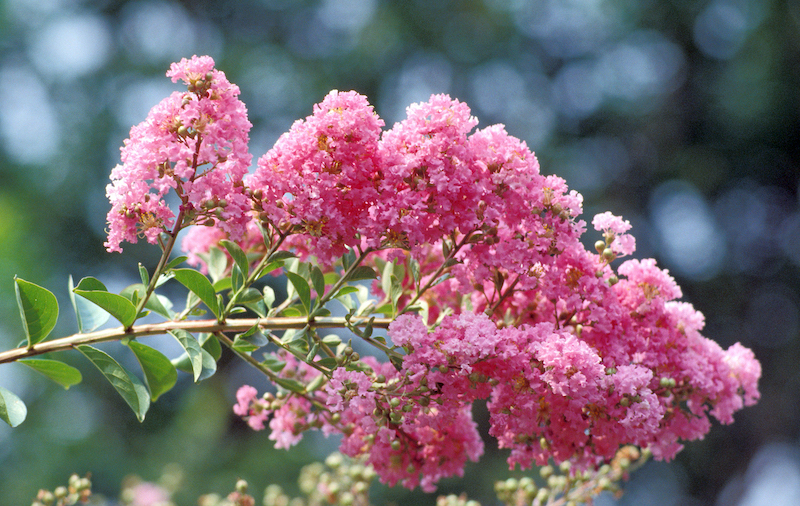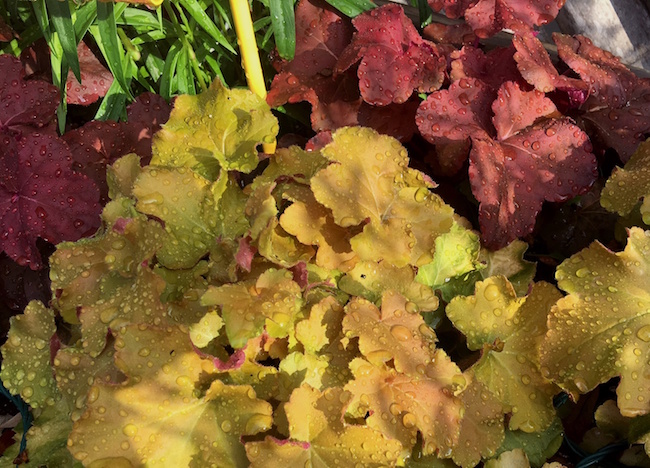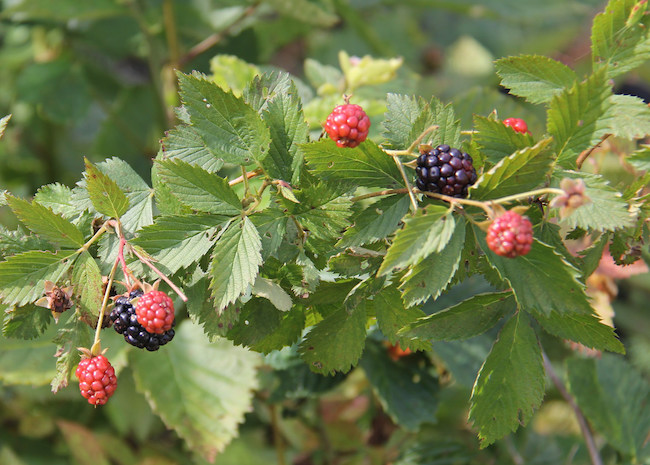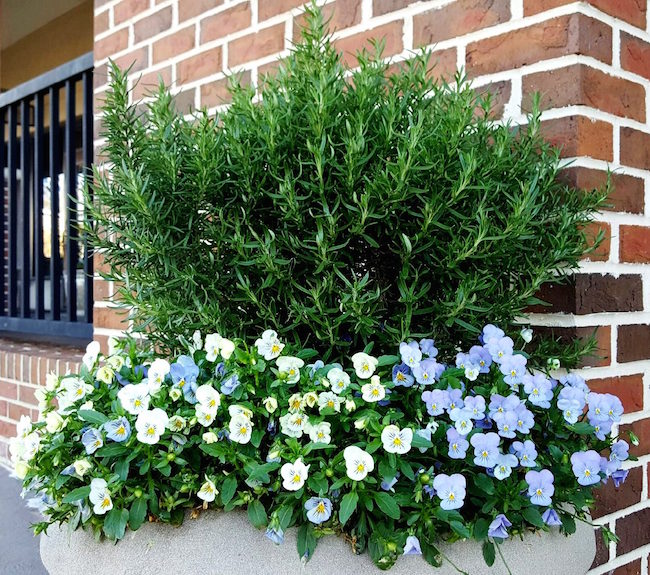 CAES News
CAES News
Container herbs
Remember parsley, sage, rosemary and thyme when you design mixed containers. These four herbs will allow you to create interest through foliage, add a touch of fragrance, dazzle with color from flowers, bring in a few butterflies, freshen your breath and season like a chef.

